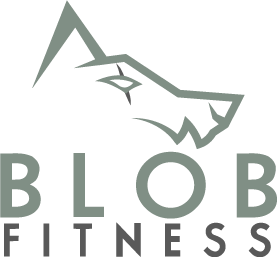
Taking time to recover is very important to reach your goals. We'll be going over clear signs you may not be taking enough time to recover.
Get a Free Guide!
Enter your email below to get a FREE guide on How to Track Your Calories and Macros
Similar Posts
How to Properly Stretch to Achieve Flexibility
Learning how to properly stretch to achieve flexibility Is important. Many people suffer from not doing it correctly. Check this article out on how to properly stretch to achieve results.
Supplements to Help With Mental Health
Discover the mental health benefits of supplements like Fish Oil, Vitamin D, NAC, Creatine, Magnesium, and Glycine in our comprehensive guide.
How to Optimally Rest Between Sets
Learning to optimally rest between sets can give you the advantage you need to lift more and make better gains. Discover all the ways to do so.



